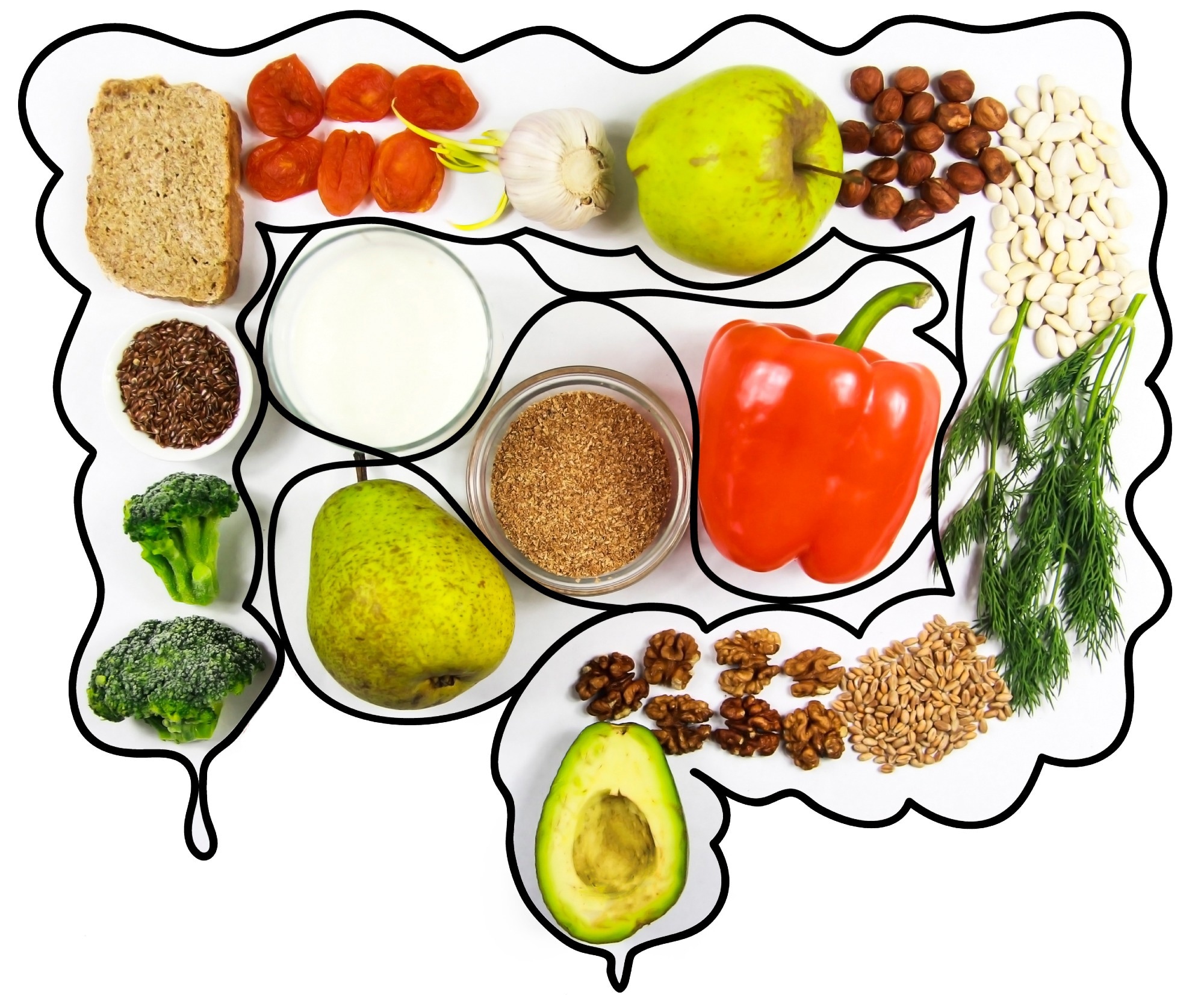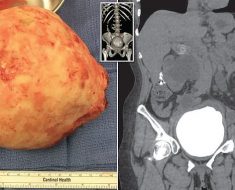In a review article published in the journal Biomedicines, scientists have provided a detailed overview of the inter-individual variation in gut microbiota and its association with diet and health.
 Review: Links between Diet, Intestinal Anaerobes, Microbial Metabolites and Health. Image Credit: POLIGOONE / Shutterstock
Review: Links between Diet, Intestinal Anaerobes, Microbial Metabolites and Health. Image Credit: POLIGOONE / Shutterstock
Human gut microbiota
The human gut microbiota refers to a diverse collection of microorganisms, including bacteria, fungi, archaea, and viruses. Anaerobic organisms that do not require oxygen for growth and survival comprise the greatest microbial biomass in the large intestine.
Although some organisms are dominant and widespread in the healthy human gut, a considerable variation in gut microbiota composition and diversity is commonly observed between individuals. The gut microbiota produces a number of primary and secondary metabolites that play a crucial role in maintaining body homeostasis, such as short-chain fatty acids (SCFAs).
Diet is considered a significant driver in modulating gut microbiota composition and activities, which in turn is associated with both positive and negative health effects. An imbalance in the gut microbial community, also known as gut dysbiosis, is known to associate with a range of diseases, including metabolic diseases and colorectal cancer.
Relationship between diet, gut microbiota, and health
Dietary macro- and micronutrients play a significant role in shaping the composition and functions of human gut microbiota. The effect of diet on gut microbiota starts from birth. In breastfed babies, gut microbiota predominantly consists of a bifidobacterial population, which is necessary for the utilization of non-digestible human milk oligosaccharides. In contrast, formula-fed babies exhibit a more complex adult-like gut microbiota composition.
The introduction of solid food in infants leads to the expansion of obligately anaerobic bacterial populations that are able to metabolize more complex polysaccharides. Diet changes the production of metabolites by the gut microbial community. People residing in rural areas generally exhibit higher levels of SCFAs, probably due to higher consumption of dietary fibers.
The gut microbial community obtains energy from dietary compounds that escape digestion by host enzymes, such as resistant starch, non-starch polysaccharides, oligosaccharides, and proteins.
Resistant starch is the primary dietary polysaccharide degraded by the gut microbiota. Bacterial populations containing a complex extracellular starch-degrading structure (amylosome) are able to degrade resistant starch that cannot be digested by host enzymes.
The second major dietary polysaccharides degraded by gut microbiota are non-starch polysaccharides, such as cellulose, pectin, and insulin. Insulin and oligosaccharides are mainly utilized by anaerobic organisms to support growth. These compounds are also used as prebiotics to promote the bifidobacterial community.
Regarding dietary fats, only 7% of the ingested amount reaches the large intestine for gut microbiota usage. Dietary fats can influence gut microbiota composition in many ways, such as by reducing microbial diversity and increasing bile acid secretion. Diets containing high levels of saturated fats are known to impair immune functioning, induce inflammation, disrupt intestinal barrier integrity, and trigger systemic diseases.
Dietary proteins are degraded by both host- and bacteria-derived proteases and peptidases to produce peptides and amino acids. Depending on intake, about 3 – 18 gm of dietary proteins reach the large intestine every day for microbiota usage. Peptides and amino acids produced from dietary proteins are either directly incorporated into microbial proteins or fermented to produce energy for the microbiota.
Fermentation of amino acids leads to the production of ammonia, major SCFAs, and branched-chain fatty acids (BCFAs), which are commonly used as fecal markers of protein fermentation. Moreover, bacterial deamination of aromatic amino acids leads to the production of various phenolic compounds.
Increased consumption of a high-protein diet is known to cause many health adversities, including inflammatory diseases and certain types of cancers. Excessive consumption of a high-fat and high-protein diet has been found to increase bacterial toxic metabolites, which are associated with many health conditions, including migraine, hypersensitive syndrome, portal-systemic encephalopathy, and colorectal cancer.
Relationship between diet, gut microbiota, and immune system
The immune system plays a major role in mediating the crosstalk between diet, gut microbiota, and health. Anaerobic microbial community present in the intestine ferment dietary carbohydrates and proteins to form SCFAs and many other breakdown products, which subsequently bind to G-protein-coupled receptors present on intestinal epithelial cells as well as on regulatory T cells, leading to inhibition of effector T cell response.
The gut microbiota ferments dietary fibers to produce SCFA butyrate, which plays a vital role in maintaining regulatory T cell functions. These immune cells increase the production of anti-inflammatory cytokines by T cells, which is needed for immune activation against common antigens derived from dietary products and commensal bacteria.
The gut microbiota-derived SCFAs increase host immune responses to pathogens. In particular, SCFAs prevent the colonization of pathogens by increasing the ability of intestinal macrophages to persistently eliminate pathogens.
Besides SCFAs, other metabolites derived from the gut microbiota can influence the host immune system in many ways, such as expanding regulatory T cells in the small intestine and preventing intestinal inflammation.
- Duncan SH. 2023. Links between Diet, Intestinal Anaerobes, Microbial Metabolites and Health. Biomedicines. https://www.mdpi.com/2227-9059/11/5/1338
Posted in: Child Health News | Men's Health News | Medical Science News | Medical Research News | Medical Condition News | Women's Health News
Tags: Anti-Inflammatory, Archaea, Bacteria, Bile, Cancer, Cell, Colorectal, Colorectal Cancer, Cytokines, Diet, Digestion, Dysbiosis, Encephalopathy, Fatty Acids, Fermentation, Food, fungi, G-Protein, Immune System, Inflammation, Insulin, Large Intestine, Metabolites, Migraine, Oxygen, Peptides, Prebiotics, Protein, Saturated Fats, Short-Chain Fatty Acids, Small Intestine, Syndrome

Written by
Dr. Sanchari Sinha Dutta
Dr. Sanchari Sinha Dutta is a science communicator who believes in spreading the power of science in every corner of the world. She has a Bachelor of Science (B.Sc.) degree and a Master's of Science (M.Sc.) in biology and human physiology. Following her Master's degree, Sanchari went on to study a Ph.D. in human physiology. She has authored more than 10 original research articles, all of which have been published in world renowned international journals.
Source: Read Full Article





